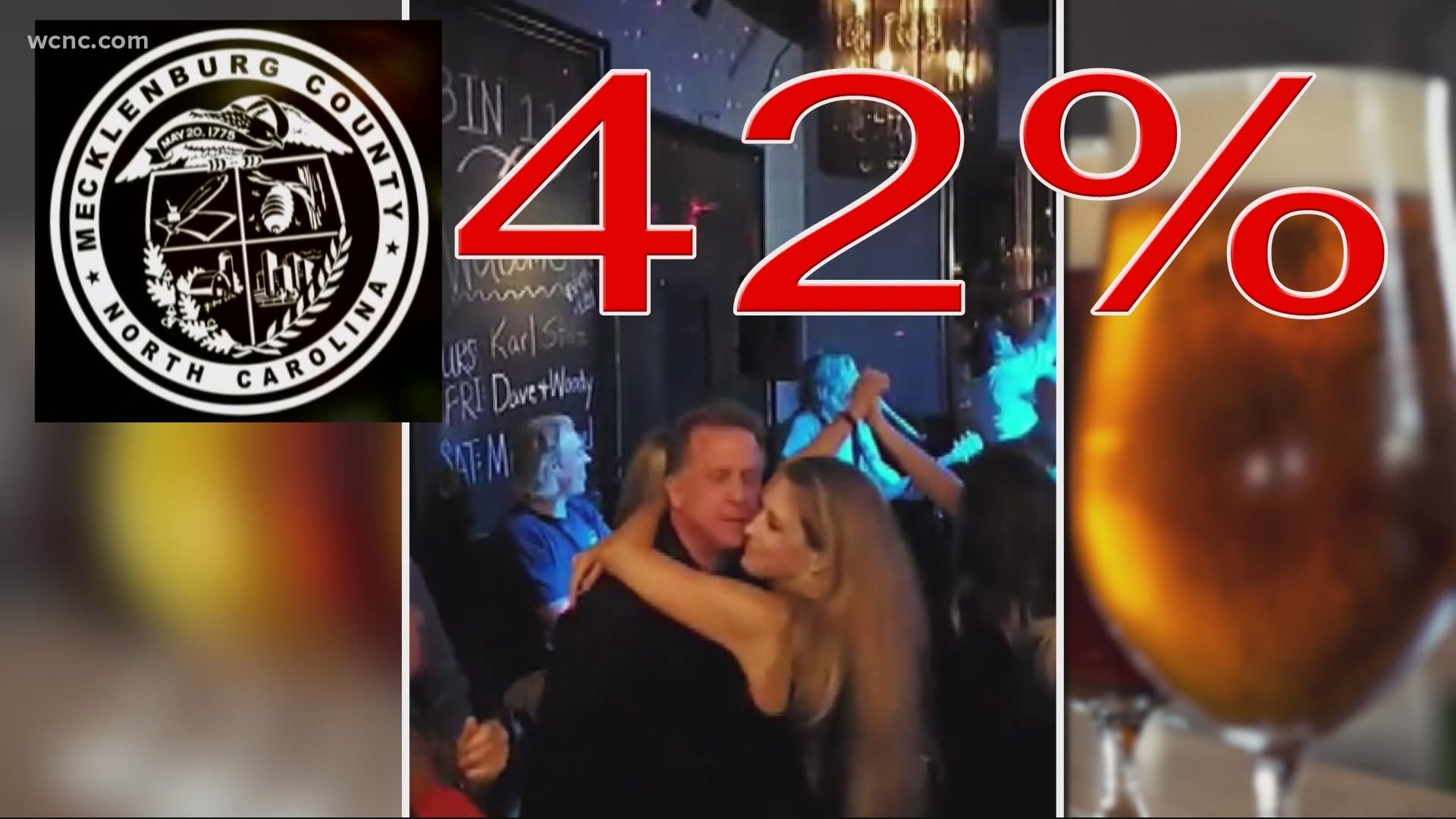CHARLOTTE, N.C. — Wednesday, the Mecklenburg County Health Department opened vaccine appointments up to a larger population of people. Front-line essential workers in Group 3 can roll up their sleeves at Bojangles Coliseum. This comes a week after most other vaccine providers in the area started offering those appointments.
March 10 was originally the day Gov. Roy Cooper set for this transition but when he moved it up a week, the health department decided to hold off, waiting for more vaccine to open more appointments. The supply is slowly growing so they were able to add more appointments every day through the end of the month.
For Jermaine Reddick, this is his chance to get back on the job.
“Most of the year I haven't been on the job. It feels good to be starting back. I’m taking the necessary precautions that I need to keep me and my family safe and stay employed and keep things moving for the family,” he said.
As the state moves forward in groups there's some concern when it’s their turn, the younger population won't turn out in large numbers to get the shot. That could hurt the community.
Throughout the past year, there's been some resistance to COVID-19 safety protocols. Proof of that has been in crowded bars and restaurants and the data.
In Mecklenburg County, 42% of all positive coronavirus cases were in people 20 to 39.
“I'm not saying all of them, but a lot of them, their attitude has been I’m not going to get very sick it doesn't matter. I can do what I want to when I want to," Health Director Gibbie Harris said at an event on Tuesday.
Harris told WCNC she doesn't want to generalize all young people, and is grateful many have followed the protocols, but she is concerned these trends will spill over into vaccination rates.
“Our young population really does not see the need. And so, when we get to the point where they need to be vaccinated and have that available to them, we're going to need everybody encouraging them to follow through and get vaccinated,” she said on Tuesday.
In North Carolina, those 18 to 24-years old make up 2.2% of the people who have been vaccinated so far. And people 25 to 49-years old make up 20.2% of those vaccinated. That's partly because the only people in those age groups who are eligible must be health care or long-term care facility workers, school employees and front-line essential workers.
Some younger people may think they'll only have a mild case, giving them a false sense of security. But their choices impact more than just themselves. The more people who are vaccinated, the better protected the entire community will be.
“We’re all going to have to work to understand the importance of their behavior on our entire community,” said Harris.
Most of the younger population will likely fall into Group 5, when vaccines are available to the public. State health officials are expecting the supply to grow by the end of the month.

